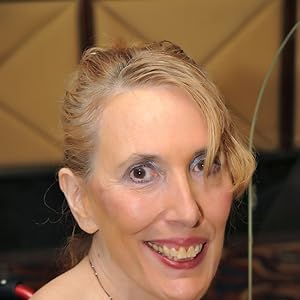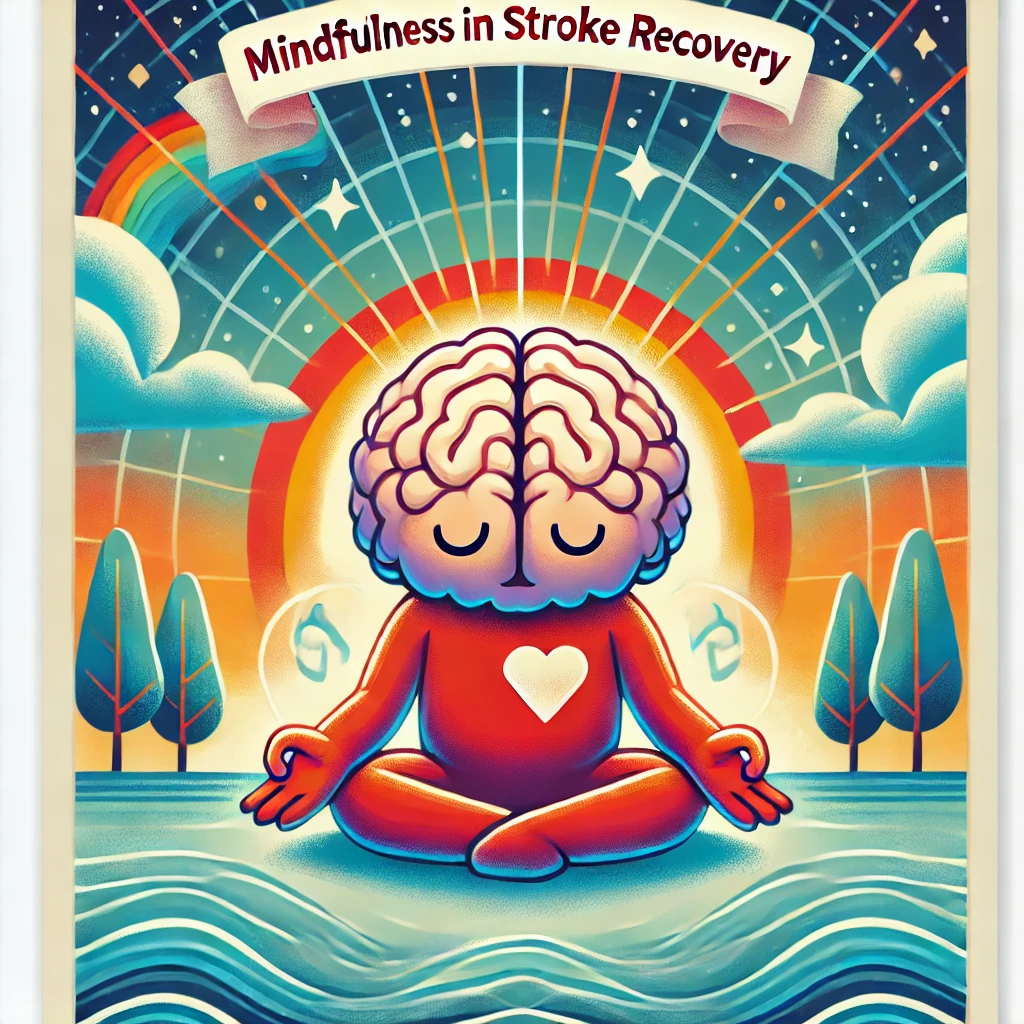- Home
- Author
About Me
Learn More About Carol
Born in the state of Georgia on October 7, 1946, the second of four children, Carol E
Yorke underwent frequent upheavals during her childhood when the Army transferred
her military father from one assignment to the next every two to three years. Her first
memories are from when she was four years old when they lived in Wurzburg, Germany.
Subsequently, they lived in Washington, DC, Puerto Rico, Virginia and several times in
California. As a painfully shy child, Carol’s predominant recollections revolve around
feelings of shame, discomfort, and loneliness she experienced during the lengthy
process of adapting each time they abruptly relocated from the familiar surroundings
into entirely new environments hundreds or thousands of miles away. Carol was an
average student, although teachers frequently reported that she failed to live up to her
potential. Even so, Carol excelled at spelling and English grammar, and developed her
love of writing by often writing passionate, heart-felt letters to relatives across
the country or around the globe.
- You control your future and you have the ability to make it great
Following her father’s retirement in 1961, Carol and her family established their
residence in Rialto, California, a quaint Southern California town nestled amidst plentiful
orange groves. It was in this locale that she completed her high school education and
embarked on a 16-year career as a secretary, refining her language skills in the process.
Carol’s dreams and aspirations overflowed with a desire for adventure rather than
having children. As a result, she remained childless, although she married three times,
and her adventures included singing in a band with her first husband and three others in
Germany in the year of 1975, riding her own BMW motorcycle alongside of her third
husband for over 15 years, and graduating from college at the age of thirty-five, and
working in her second career as a CPA for twenty-five years.
Then, in 2009, Carol’s life made an abrupt turn when she had a stroke and had to adjust
to life alone and disabled.
Drawing upon the resilience she developed as a child, she has not only coped with the
challenges but actually thrived in the aftermath.
Through her writing, Carol serves as an inspiration, offering encouragement to those
encountering similar obstacles. She demonstrates that, even in the bleakest moments,
one can discover hope and inner strength. Her work stands as a testament to the
indomitable spirit of humanity, reminding us that we possess the capacity to heal and
flourish in the face of adversity.
In Carol’s highly inspirational debut book, “Brain Attack: Surviving a Stroke,” published in
2015,she includes many of the lessons she learned that have helped her thrive, not just
survive her stroke. Her second book, “Dear Folks: A soldier’s Letters Home 1941 to
1961, published in 2020, is a compilation of her father’s personal letters that he wrote
during his twenty-year Army career, Drawing upon the resilience she developed as a
child, she not only coped with the challenges but thrived in the aftermath.
Through her writing, Carol serves as an inspiration, offering encouragement to those
encountering similar obstacles. She demonstrates that, even in the bleakest moments,
one can discover hope and inner strength. Her work stands as a testament to the
indomitable spirit of humanity, reminding us that we possess the capacity to heal and
flourish in the face of adversity.
In 2009, Carol faced a life-altering event when she suffered a stroke.


It is more than just writing books
Carol has also produced several adult coloring books which people find to be to be very therapeutic and a motivational coloring book for pre-teen girls “My favorite composition to date, she says. Carol sees the glass overflowing no matter what her circumstances and she loves sharing her optimism with others to enrich their lives. ” whether they like it or not,” she teases.
When she isn’t writing, Carol enjoys spending time with friends and family. She hopes that she will one day be able to walk again and live in real house with a special man in her life.

Testimonials
Stories of Hope & Healing
Carol E. Yorke’s story and insights have touched the lives of survivors, caregivers, and medical professionals alike. Here’s what people are saying


